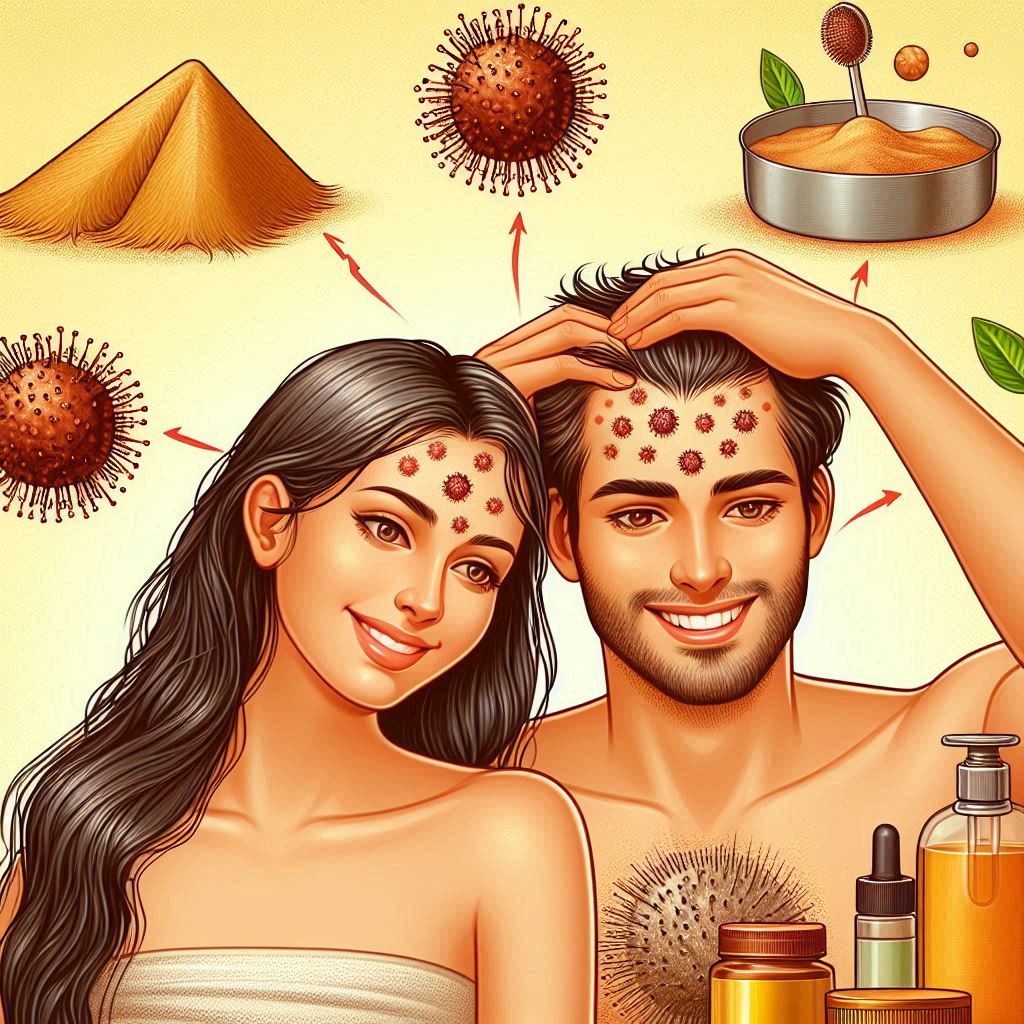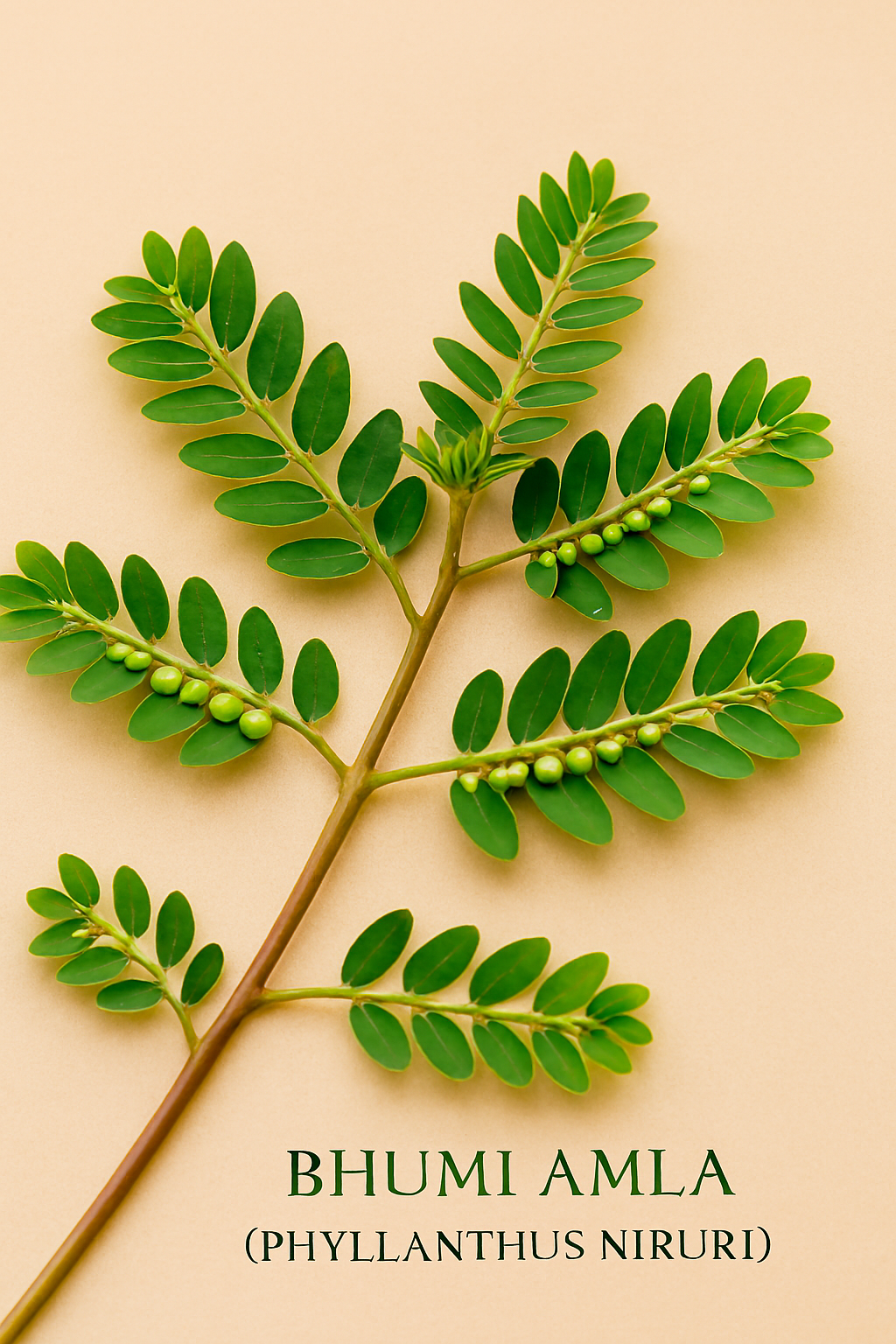Dandruff and an itchy scalp are common problems that can affect anyone, often leading to discomfort and a loss of self-confidence. These issues, characterized by flaking, dryness, and irritation, can result from various factors such as dryness, skin conditions, or irritation. Ayurveda, the ancient system of medicine from India, offers natural ways to address these scalp problems.
Understanding Dandruff and Its Causes: What Leads to an Itchy Scalp?
Dandruff refers to the shedding of dead skin cells from the scalp, which appear as visible flakes on the hair or shoulders. It can cause irritation, itching, and sometimes redness. Though not typically a serious health concern, dandruff can be uncomfortable and affect one’s self-esteem.
Main Triggers of Dandruff and an Itchy Scalp
- Dry Scalp: A lack of moisture can lead to flaky skin on the scalp.
- Oily Skin: Excess oil production can promote fungal growth, leading to dandruff.
- Seborrheic Dermatitis: A chronic condition that causes greasy, flaky patches.
- Fungal Infections: Overgrowth of the Malassezia fungus on the scalp can trigger dandruff.
- Sensitivity to Hair Products: Allergic reactions to certain shampoos or conditioners can irritate the scalp.
Symptoms of Dandruff
- Flaky scalp with visible white or yellowish flakes.
- Persistent itching or irritation on the scalp.
- Dryness and tightness in the scalp.
- Redness or inflammation, especially in cases of seborrheic dermatitis.
- Sensitivity or discomfort in the scalp area.
Ayurvedic Perspective on Dandruff
In Ayurveda, dandruff is seen as an external symptom of imbalances within the body’s doshas—Vata, Pitta, and Kapha. These energies must be in harmony for the scalp to remain healthy. An imbalance in Vata (dryness) or Pitta (heat) doshas can lead to scalp issues like dandruff.
How Ayurveda Addresses Dandruff
- Vata Imbalance: Excess Vata leads to dryness, which manifests as a flaky scalp. To balance Vata, Ayurveda recommends hydrating foods and nourishing oils.
- Pitta Imbalance: Excess Pitta causes heat and oiliness. To restore balance, Ayurveda suggests cooling foods, herbs, and oils that soothe inflammation.
- Kapha Imbalance: Rarely, excess Kapha can result in an oily scalp. Treatments focus on reducing moisture and improving scalp hygiene.
Ayurvedic Remedies for Dandruff and an itchy scalp
Ayurveda treats dandruff with a holistic approach, including dietary changes, herbal treatments, and lifestyle practices.
Dietary Recommendations
- Include hydrating foods like cucumbers and melons to maintain scalp moisture.
- Anti-inflammatory spices such as turmeric and ginger help reduce scalp irritation.
- Healthy fats like flaxseeds and walnuts support scalp hydration.
Herbal Treatments
Several Ayurvedic herbs are known for their effectiveness in treating dandruff:
- Neem: Known for its antimicrobial and anti-inflammatory properties, neem helps soothe the scalp and control fungal overgrowth.
- Amla: Rich in vitamin C and antioxidants, amla strengthens hair follicles and balances Pitta dosha.
- Fenugreek Seeds: These seeds have anti-inflammatory and antifungal properties that help soothe irritated scalps and combat dandruff.
- Aloe Vera: Aloe vera’s cooling and moisturizing properties alleviate itching and dryness while also fighting fungi.
- Tulsi (Holy Basil): With powerful antifungal and antimicrobial properties, tulsi helps control scalp infections and dandruff.
Top Ayurvedic Remedies for Dandruff
- Neem Oil: Known for its antimicrobial and anti-inflammatory effects, neem oil can be massaged into the scalp to reduce dandruff and scalp irritation.
- Amla Hair Pack: Mix amla powder with water to create a paste and apply it to your scalp for 30 minutes to combat dandruff.
- Fenugreek Paste: Soak fenugreek seeds overnight, grind them into a paste, and apply to your scalp for an hour.
- Aloe Vera Gel: Apply fresh aloe vera gel directly to the scalp to soothe and moisturize irritated skin.
- Tulsi and Coconut Oil: Mix fresh tulsi leaves with coconut oil and massage into the scalp to reduce fungal overgrowth and dandruff.
Ayurvedic Lifestyle Tips for Preventing Dandruff
Maintaining a healthy scalp involves more than just topical treatments. Ayurveda encourages a lifestyle that supports overall well-being.
- Stress Management: Engage in yoga, meditation, and other relaxation techniques to reduce stress, which can contribute to scalp issues.
- Proper Sleep: Ensure restful sleep to allow the body to repair and rejuvenate, including the scalp.
- Regular Exercise: Physical activity improves circulation and promotes healthy hair growth.
- Hydration: Drink plenty of water to keep the scalp hydrated and healthy.
- Gentle Hair Care: Use mild, natural shampoos and avoid harsh chemicals. Regular oil massages with nourishing oils can also help maintain a healthy scalp.
By embracing Ayurvedic remedies and lifestyle changes, you can restore balance to your doshas, reduce dandruff, and promote healthy hair growth.
Conclusion
Ayurveda offers a natural, holistic approach to treating dandruff and an itchy scalp. By addressing both the internal and external causes of these conditions, Ayurveda helps restore balance and promotes long-term scalp health.




